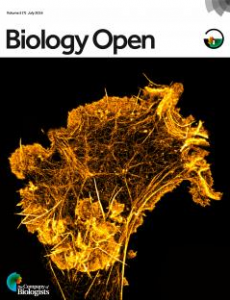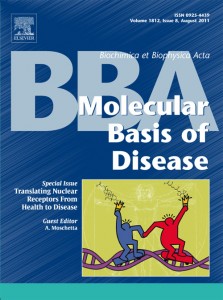
Not again.
That’s the sound of learning that a third scientist you worked with committed misconduct.
In the last two years, we reported on two retractions for neuroscientist Stanley Rapoport, the result of misconduct by two different first authors. We’ve since discovered more retractions resulting from those cases — and a new retraction stemming from the actions of yet another co-author.
Although the latest retraction notice doesn’t reveal the reason for retraction, both the journal editor and Rapoport — based at the National Institute on Aging (NIA), part of the National Institutes of Health (NIH) — confirmed to us that it is the result of misconduct by the last author, Jagadeesh Rao. According to Rapoport, a “number of retractions [for] Rao are still in the works.”
We asked Rapoport for his reaction to multiple cases of misconduct by his colleagues, including the two first authors we’ve already reported on, Fei Gao and Mireille Basselin:
Continue reading More co-author misconduct raises NIH neuroscientist’s retraction count to 8








